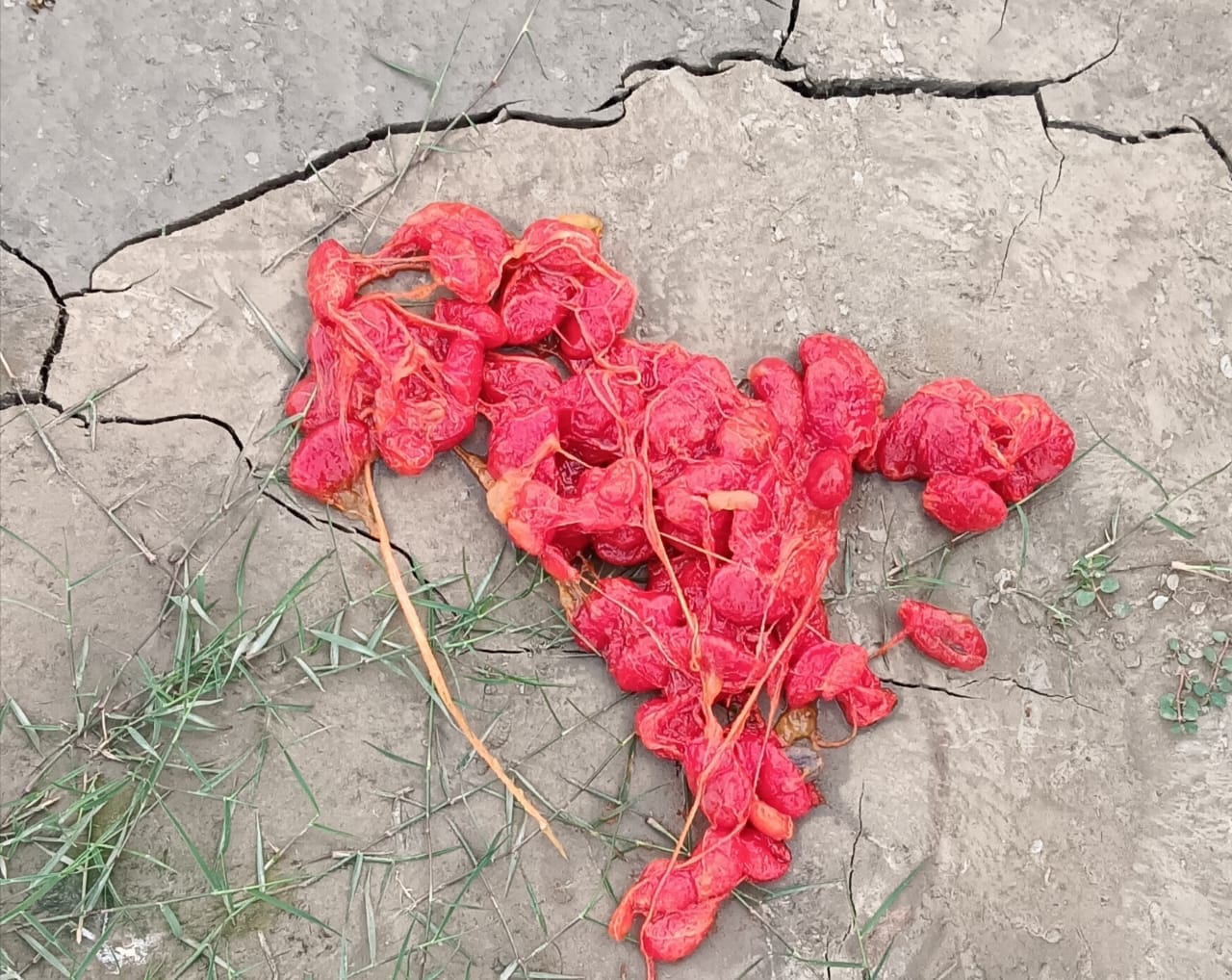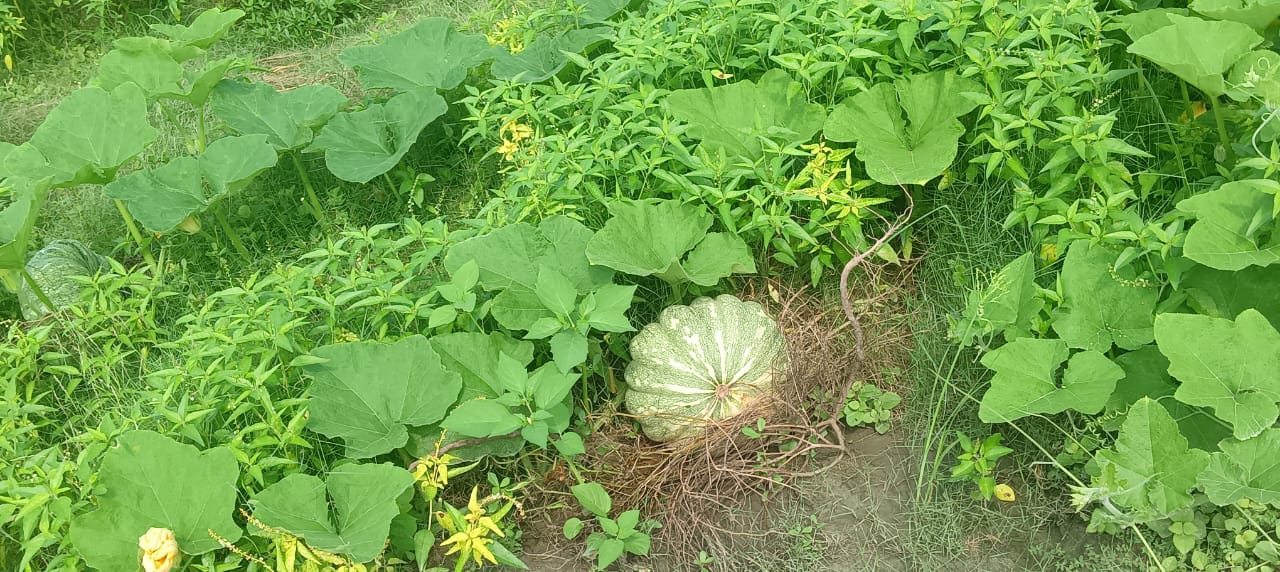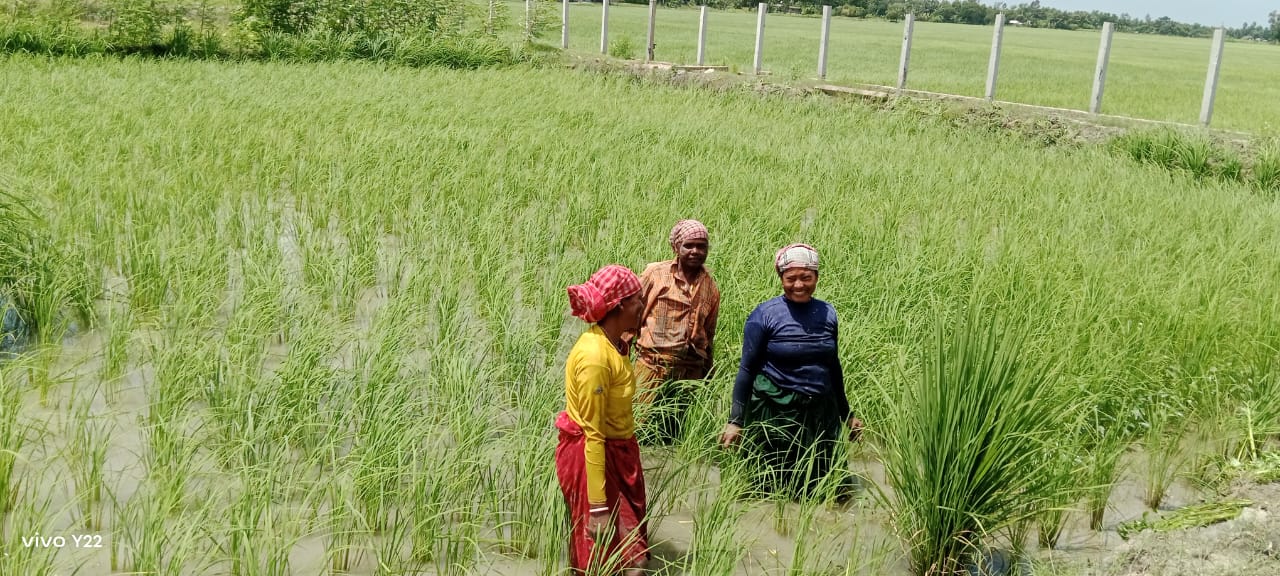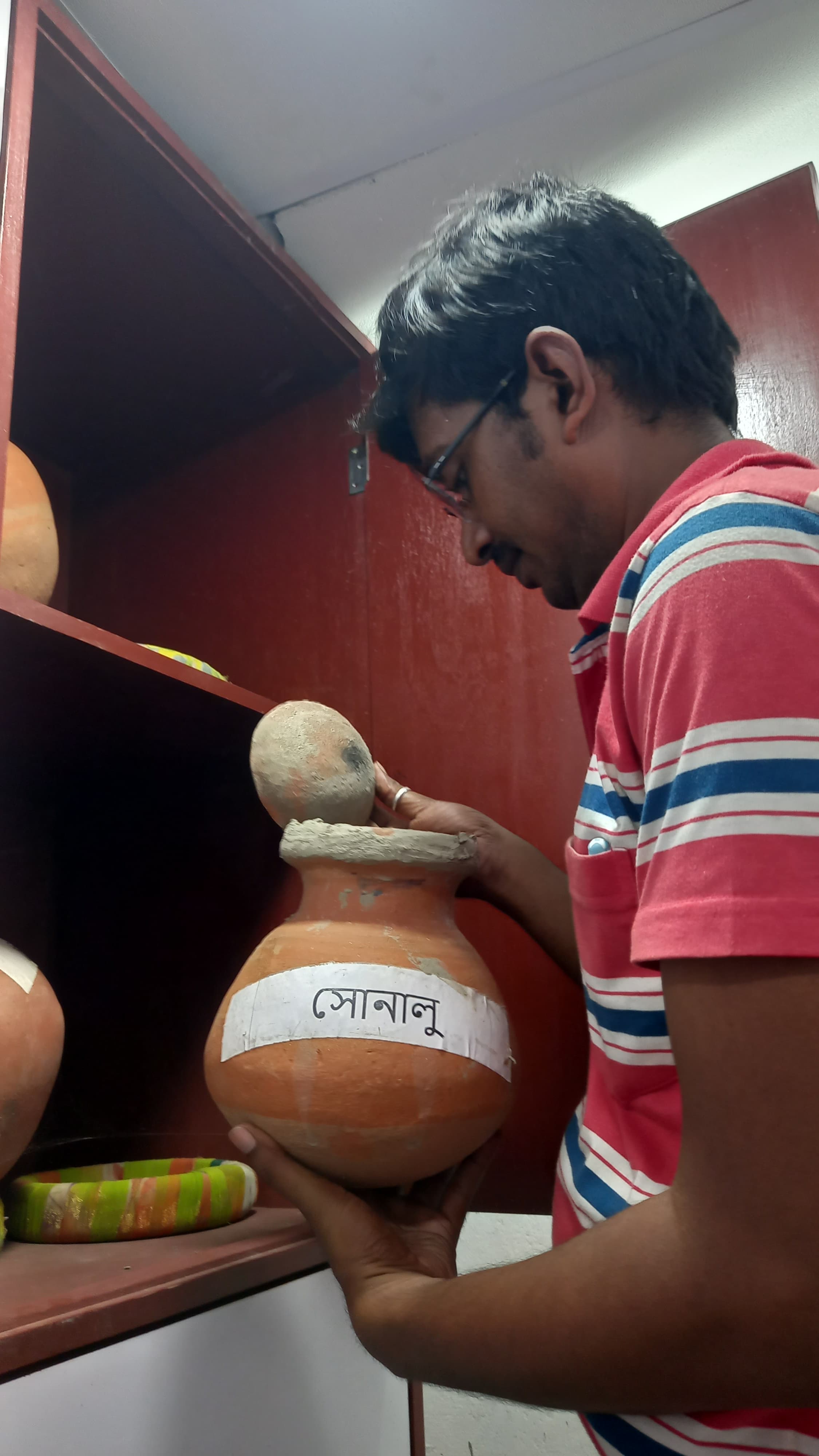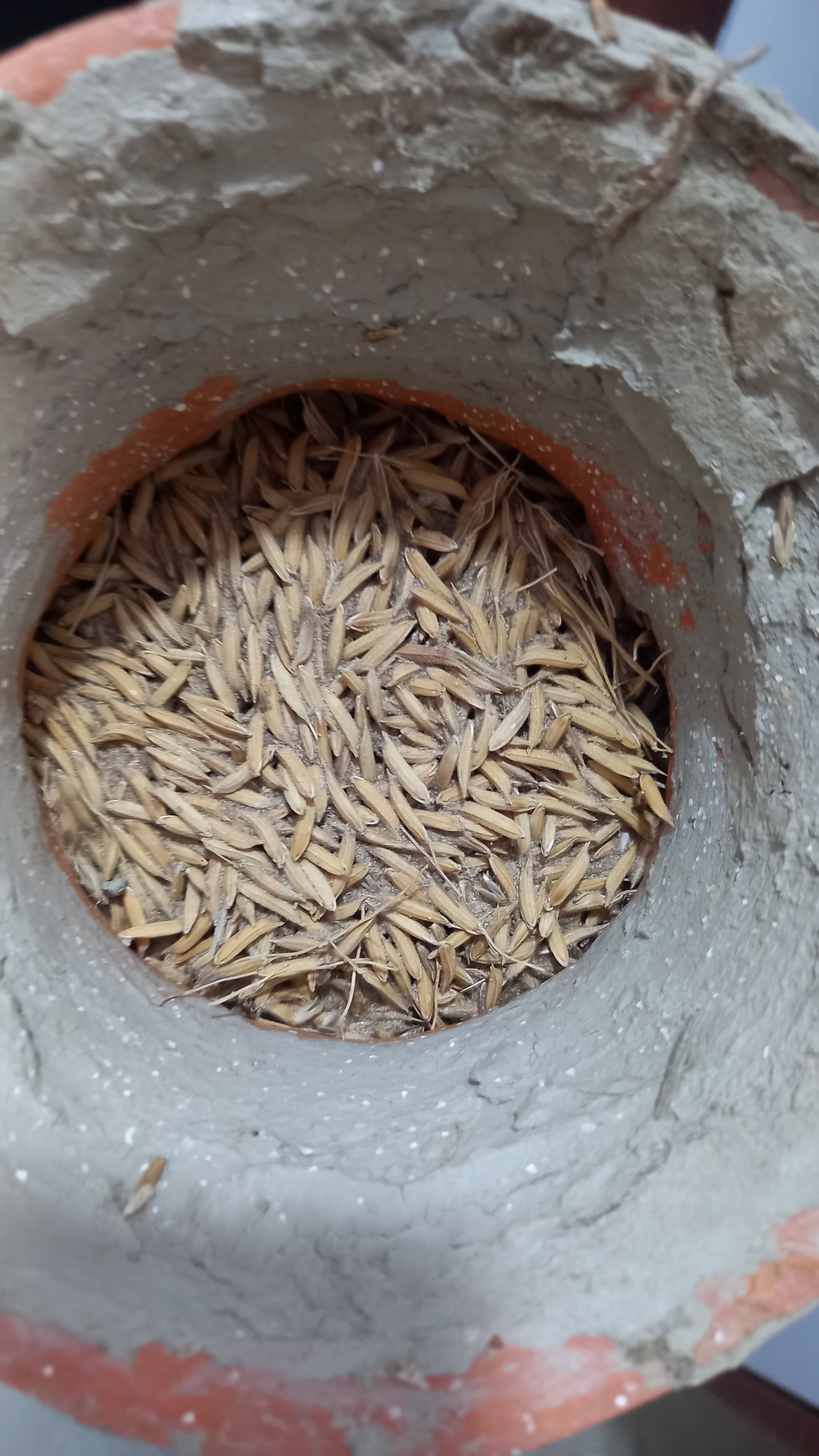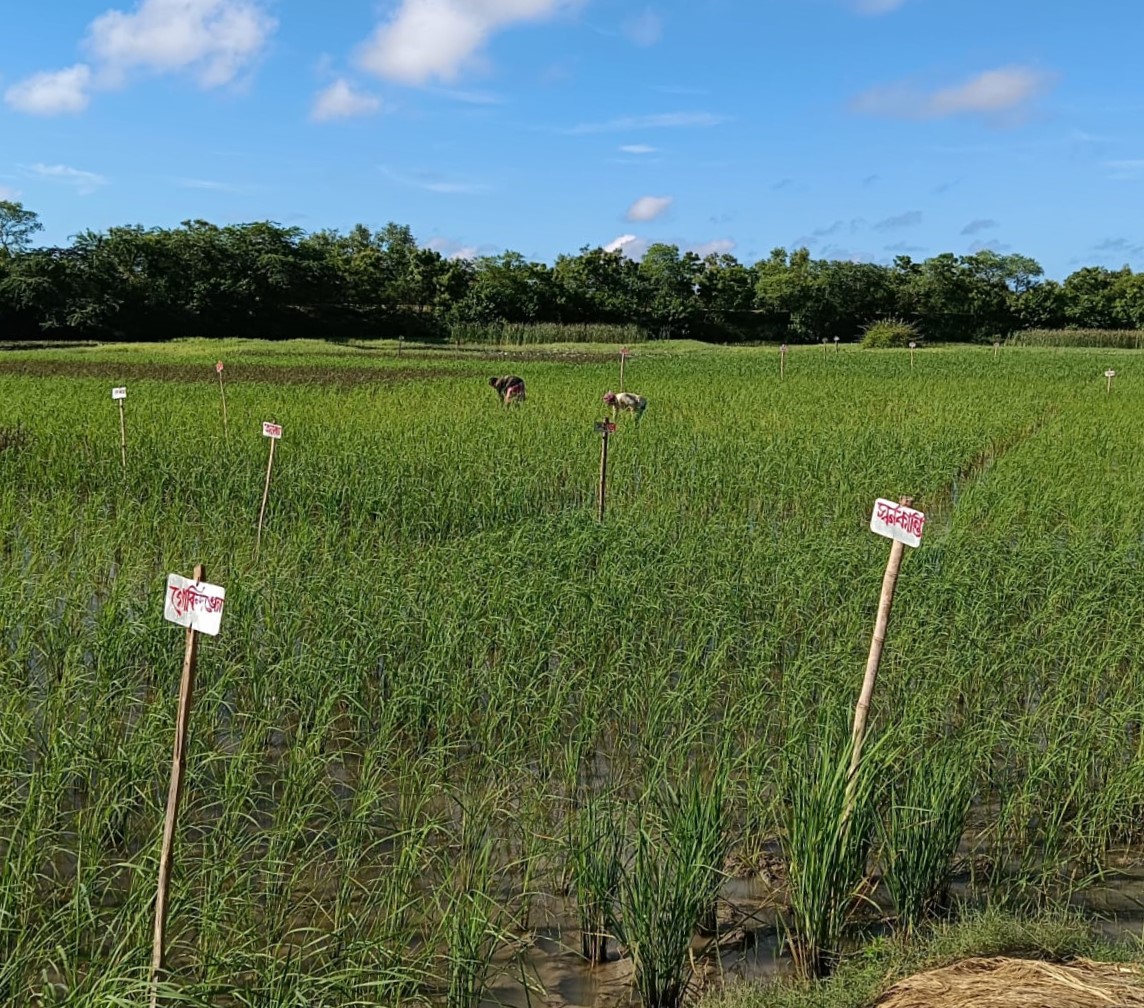
Establishment of maintenance of Seed Bank of traditional varieties of crops – Supported by West Bengal Biodiversity Board
Partners
SAFE & PFRIProject description
India’s agricultural sector, involving 70% of the population, is crucial to the nation’s GDP. While economic reforms and the Green Revolution brought in high-yield varieties (HYVs), these crops are now vulnerable to climate change, soil degradation, and biodiversity loss. This scenario highlights the need to shift back to traditional seeds and sustainable practices. Traditional seeds, which have evolved over generations, are naturally resilient to climate fluctuations and pests and can thrive without chemical inputs, enhancing genetic diversity and supporting eco-friendly farming. Unlike HYVs, which often struggle under climate stress, traditional varieties are well-suited to rain-fed areas and maintain productivity, reducing ecological imbalance. Many communities continue to cultivate landraces for their nutritional value, medicinal properties, and resilience, helping to preserve local biodiversity and empowering farmers. Seed banks play a crucial role in conserving these rare species, enabling their reintroduction and ensuring a secure, sustainable food supply for future generations.Objectives
1. A minimum of 50 traditional varieties of crops seeds will be collected and maintained in the proposed seed bank.2. The viability of the seed bank is to be maintained through cultivation in a minimum of 1-1.5 bigha land.
3. The seeds are to be distributed to the interested farmers for cultivation with the condition that they return the double amount of viable seeds to the seed bank after harvesting.
4. At least one awareness program is to be conducted involving farmers, Biodiversity Management Committee, students, Agricultural Department, Block Officials, conservationists and experts.
Expected Outcomes
1. Preservation and cultivation of 54 rice varieties and 17 traditional vegetable varieties in the seed bank, supporting biodiversity and food security.2. Successful cultivation across 3.75 bighas at the Tipligeri CRACK Centre, ensuring viability of rice and vegetable seeds for ongoing seed production.
3. Community engagement with 8 farmers cultivating 73 kg of rice seeds over 6 bighas, promoting sustainable seed exchange by returning double the initial seed quantity.

